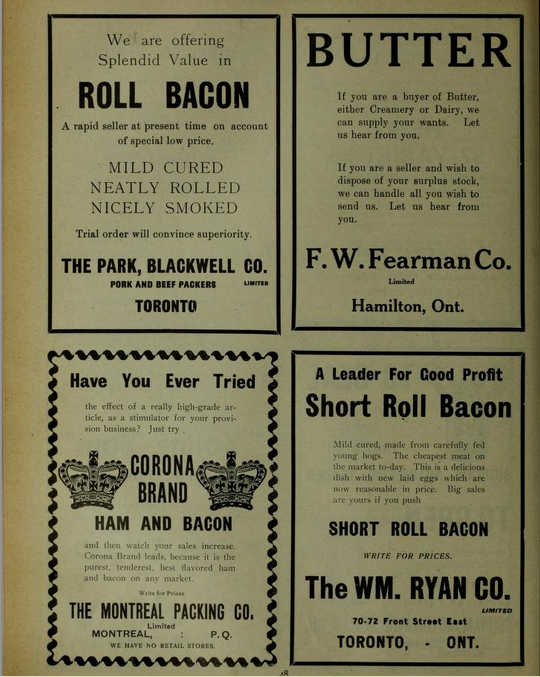The American craft beer boom continues, but making the beer is only the start of the process of getting the beer into the hands of eager consumers. CEI’s Michelle Minton explains how rules crafted for the end of Prohibition now artificially restrict the craft beer marketplace, reduce consumer choice, and add unearned profits to favoured corporations:
After Prohibition ended, Americans could sell, produce, import, and transport alcoholic beverages, but home-brewing was still illegal until 1978 when then President Jimmy Carter signed legislation to legalize brewing in the home for personal or family use. In that year, the number of breweries was at its lowest point after the repeal of Prohibition. But in the 1980s, after states began to legalize brewpubs, the number of brewers began to rise. This development, along with easy access to capital in the 1990s and 2000s, aided efforts of modern craft breweries to change the laws in their home states so that they could brew more, self-distribute, and start the microbrew revolution.
[…]
Another hindrance for craft brewers are franchise laws, enacted among the states in the 1970s and 80s due to fears of brewers’ market power. With less than 50 brewers in the nation at the time — most of them large — there was a fear the big brewers could hold wholesalers hostage by threatening to walk away unless distributors bowed to the brewers’ demands. Since then, however, the landscape has completely shifted.
Although the number of wholesalers nationwide has declined, those remaining are larger and more powerful than almost all of the breweries in the nation. Yet, the laws remain, giving the wholesalers “virtual carte blanche to decide how the beer is sold and placed in stores and bars,” according to Brooklyn Brewery founder Steve Hindy.
In almost every other industry, a manufacturer unhappy with a distributor’s performance or price can terminate a contract in search of a better fit. This is not the case for beer manufacturers. Brewers wishing to switch from one distributor to another must go through long and costly legal battles. Hindy, for example, paid $300,000 to get out of a contract with a New York wholesaler. Yuengling COO Dave Casinelli’s experience was similar. In a phone interview, he noted that in his 24 years with the company, he couldn’t recall any attempt to switch wholesalers that didn’t end up with some legal ramifications.
Most state franchise laws not only make leaving a wholesaler hard, but they also create regional monopolies, known as “exclusive territories,” where a brewer is prohibited from selling through more than one distributor within a given area. This undermines incentives for wholesalers to compete by improving performance, increasing efficiency, or lowering prices. After all, distributors have little or no fear that a brewer will leave — because most of them can’t. As for consumers, they end up paying more because of this lack of competition.






